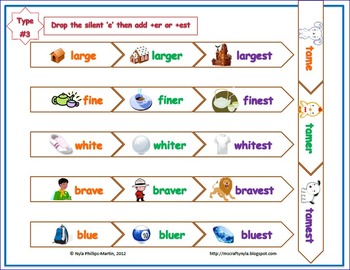


For example, if you’re going through a divorce, you might suggest your child say, “both my parents love me even if they don’t live together anymore.” Now that you know what to do, here’s a list of positive affirmations to help you and your child get started.Changing how we think in a challenging moment is a skill that comes with practice. If your child is having a hard time choosing affirmations, or if there’s something specific you think your child really needs to hear that day, feel free to suggest an affirmation as a general rule, affirmations that are relevant to your child’s life are more meaningful, says Dr. Pro tip: Choose affirmations for yourself as well and participate in the ritual alongside your child, so you’re modeling the behavior rather than simply imposing it. From there, all your child has to do is write down the affirmations (if they’re old enough to do so) and say them aloud, preferably in front of a mirror. Cook recommends you set aside five minutes at a specific time every day-morning is ideal, but any time is fine-and have your child get involved in choosing the two to four affirmations for that day. Daily affirmations mold your child’s inner narrative and facilitate the development of key self-regulation skills.ĭr. Clearly, the second response is preferable-and it’s just the sort of thing children need extra help with as they’re only beginning to learn how to regulate their emotions.

In other words, if something goes wrong your internal voice will decide whether you turn against yourself and “take the fast lane to self-blame city,” or if you’re able to slow down and respond to intense emotions with control and intent. Per the expert, this internal voice is an important factor in determining how you respond to situations. Cook tells us that positive affirmations “impact both the conscious and subconscious areas of the brain,” influencing what she refers to as one’s “internal voice”-you know, the one that narrates and monitors how you’re doing throughout the day. Of course, the reverse is also true-children who receive positive affirmations from themselves and others are likely to act in ways that reinforce those thoughts. “Research has proven that as humans we believe what we are told-meaning, if you tell your kids they are rotten, more than likely they will act that way,” Dr. This small investment in positive thinking can have a big impact on one’s well-being, and it’s especially beneficial for children as they build their self-image and learn how to navigate their feelings. Daily affirmations are simply positive statements you tell yourself (or your child) every day.


 0 kommentar(er)
0 kommentar(er)
